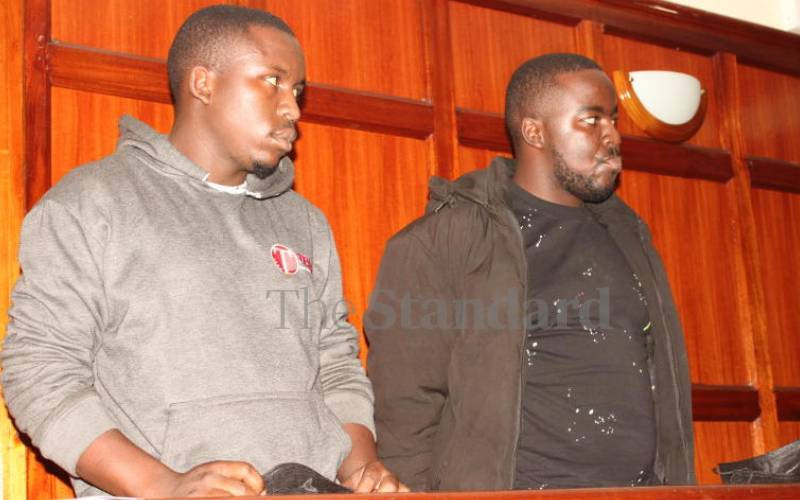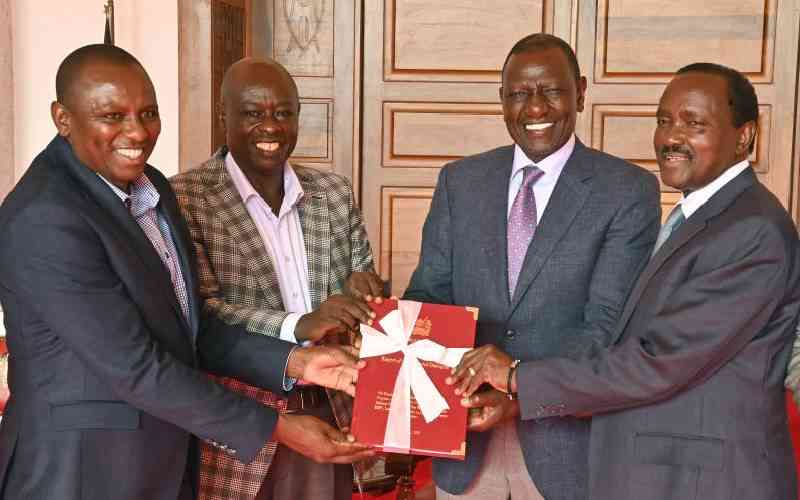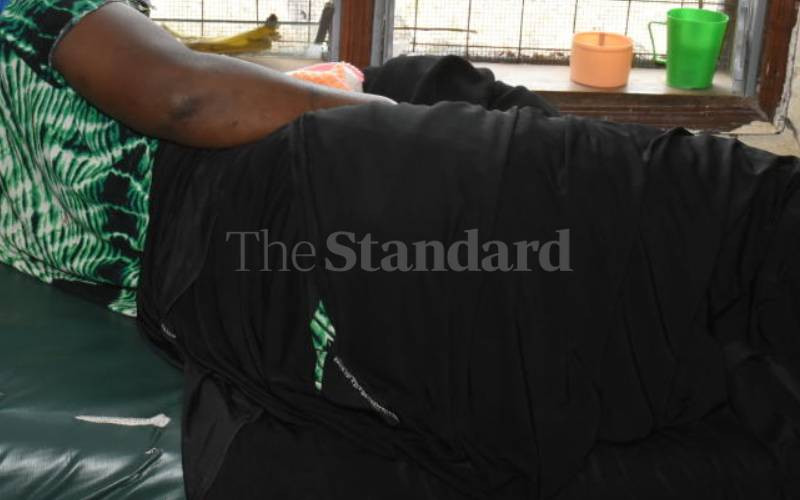By Koki Muli
The violence and intimidation that targeted Christians and their places of worship in Mombasa, following the killing of Muslim Cleric Aboud Rogo was aimed at provoking them to take their revenge on Muslims. Christians in Mombasa should be highly commended for seeing through such a ploy and remaining calm. By doing this, we have shown high levels of tolerance, integrity and maturity. Those orchestrating the attacks expected Christians to behave like animals and strike back. This is because those involved are misguided criminals and terrorists who should endure the full force of law.
Christians have proved they respect the rule of law. It is also commendable that the top leadership of the country has taken immediate action. It is imperative that those criminal elements are dealt with immediately and stern measures are taken against any group or individuals bent to harm innocent Kenyans and to break the law. They must be made an example to deter impunity and extinguish the flickers of fear that have the potential of smouldering out of control. It is now upon the National Security Intelligence Services (NSIS) and the police to investigate the attacks and remain vigilant. Further action must be taken. Efforts at community policing must be intensified and structures put in place to ensure total security for all Kenyans especially in the Coast and areas that are bordering Somalia and other porous borders that terrorists use to gain access to the country.
If such violence is not contained it can lead to serious violence during the campaigns and the General Election. This would be a terrible repeat of the 1992/1997 clashes before and after elections in some parts of Coast and Rift Valley provinces. No need to remind ourselves of the 2007/8 post-election violence. Political and religious leaders must conduct themselves with care and check every public utterance to ensure it has no potential for incitement. The Independent Electoral and Boundaries Commission (IEBC) must work in close collaboration with NSIS, the Police, and the Director of Public Prosecutions; to ensure any electoral offences are prosecuted without delay and offending candidates (and their agents) disqualified from vying for any election. The IEBC should be ready to disqualify any candidate who breaks the law during the campaigns and the electoral period.
All aspects of electoral law must be adhered to and enforced; if IEBC allows anyone to get away with breaking nominations and elections rules, they encourage impunity and make it difficult for them to uphold the law later. Politicians will always try their dirty tricks; they must be controlled and coerced to adhere to the law. That coercion may not endear IEBC to them but it will save Kenya from the precipice of electoral violence and rejection of elections results. It is important for IEBC to work very closely with NSIS to ensure they are up-to-date with early warning information that will enable it to liaise with the Police and stakeholders to ensure prevention and management of hostilities and related potential for full-blown violence. The IEBC needs to identify all the red flags around the country and put in place measures and structures for prevention, management and mitigation at the earliest possible opportunity. It is commendable that the Commission has already put in place peace ambassadors and committees.
Much more needs to be done to avoid a repeat of electoral violence in 2013. Pre-election violence/intimidation and fear targeting individuals and specific groups have almost become a pattern since the re-introduction of multi-party politics in 1992. We must break the cycle and begin on a clean slate. Kenya deserves peaceful, credible, free and fair and professionally managed elections. It is the duty of everyone in Kenya to ensure this.
The writer is an elections and constitutional law expert and lecturer, South Eastern University College
 The Standard Group Plc is a
multi-media organization with investments in media platforms spanning newspaper
print operations, television, radio broadcasting, digital and online services. The
Standard Group is recognized as a leading multi-media house in Kenya with a key
influence in matters of national and international interest.
The Standard Group Plc is a
multi-media organization with investments in media platforms spanning newspaper
print operations, television, radio broadcasting, digital and online services. The
Standard Group is recognized as a leading multi-media house in Kenya with a key
influence in matters of national and international interest.
 The Standard Group Plc is a
multi-media organization with investments in media platforms spanning newspaper
print operations, television, radio broadcasting, digital and online services. The
Standard Group is recognized as a leading multi-media house in Kenya with a key
influence in matters of national and international interest.
The Standard Group Plc is a
multi-media organization with investments in media platforms spanning newspaper
print operations, television, radio broadcasting, digital and online services. The
Standard Group is recognized as a leading multi-media house in Kenya with a key
influence in matters of national and international interest.









